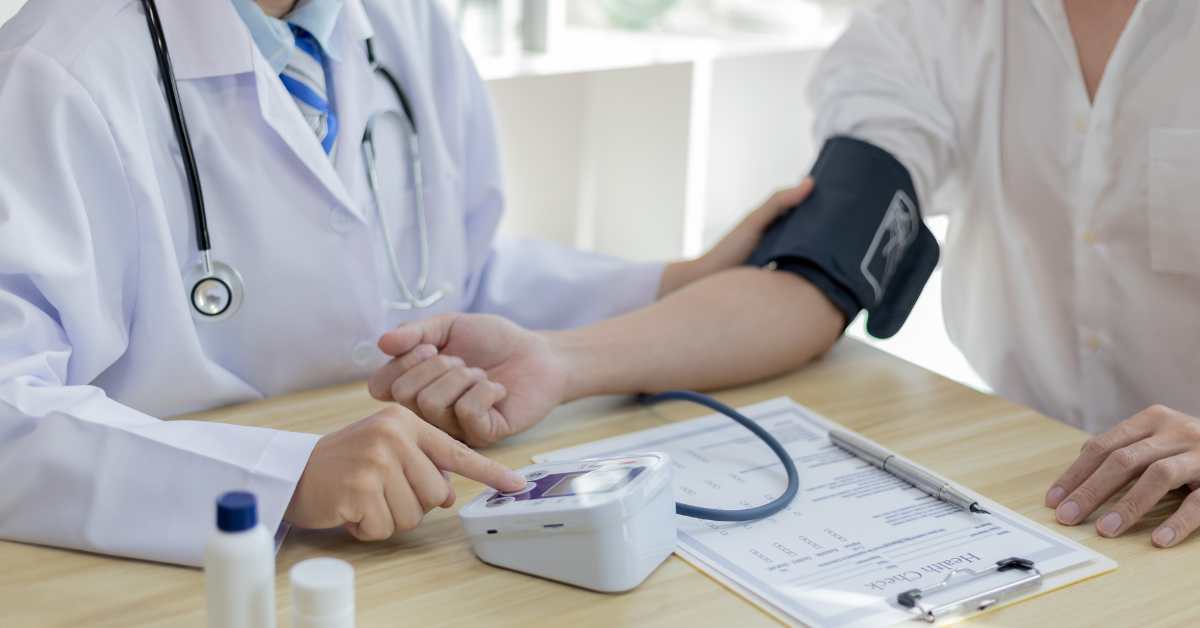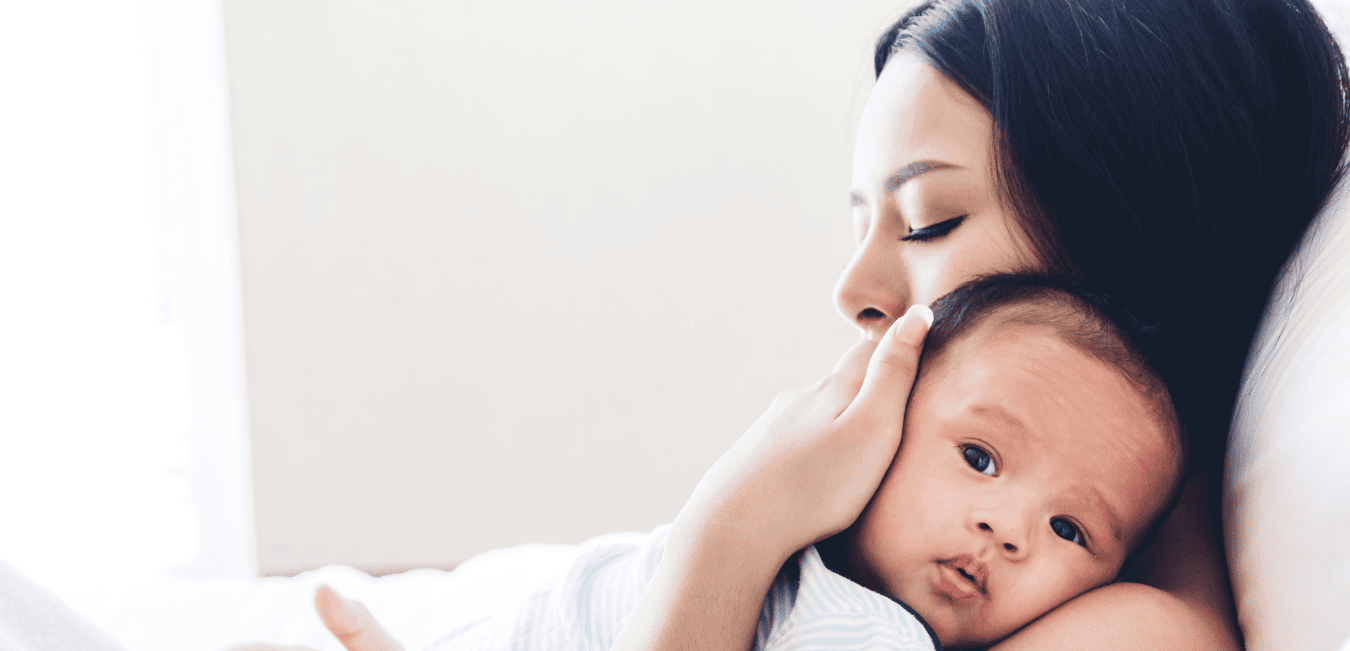Pinworms are a common parasitic infection, especially prevalent in children (1). Infection is not usually serious, but it does cause bothersome symptoms and can be very contagious. In the US, about 20% of children become infected with pinworm at least once before they hit adulthood (2). Since this infection is so common, it is helpful for parents to be aware of the potential causes, symptoms, and remedies for pinworms. This article explains what pinworms are and provides guidance on identification, treatment options, and prevention strategies.
What Are Pinworms?
Pinworms, also known as Enterobius vermicularis, are small, white parasitic worms that infect the intestines of humans. These worms are highly contagious and are often spread through close contact, shared bedding, and poor hygiene practices (1).
While pinworm infections can cause discomfort, they are typically not dangerous and can be treated effectively with proper measures (1).
To learn more about parasites, read: Parasite Cleanses: An Integrative Doctor’s Thoughts
How Do Pinworms Spread?
Pinworms are spread through the ingestion of pinworm eggs (1). This can happen when a person touches contaminated surfaces and then touches their mouth or nose, ingesting the eggs (3). In order to understand pinworm transmission, it is helpful to understand the pinworm life cycle, which involves three stages:
- Eggs: Female pinworms lay eggs around the anus, often causing itching (3). If an infected person itches the area, they can carry the eggs on their hands and spread them to other members of the household or surfaces in the home. Pinworm eggs can survive on surfaces such as bedding, clothing, and bathroom fixtures (3).
- Transmission: When a contaminated surface is touched and then the hand is brought to the mouth or nose, the eggs can be ingested, leading to infection (3).
- Larvae and Adults: Once ingested, the eggs hatch in the small intestine, and the larvae migrate to the large intestine where they mature into adult worms and continue the cycle (3).
Symptoms of Pinworm Infection
Recognizing the symptoms of pinworm infection is important for providing effective treatment and preventing further spread. Symptoms may include:
- Itching: Intense itching around the anus, particularly at night, is the most common symptom of pinworm infection (1).
- Restlessness and Sleep Disturbances: The itching can cause sleep disturbances and restlessness, especially in children (1).
- Irritability and Behavioral Changes: Children may become irritable and exhibit changes in behavior due to discomfort and lack of sleep (1).
- Abdominal Pain and Nausea: Some individuals may experience mild abdominal pain and nausea (1).
Note that approximately one third of people infected with pinworms are asymptomatic (1). If someone in your home has pinworms, don’t assume you are clear just because you are not symptomatic.
Diagnosing Pinworm Infection
Diagnosing pinworms usually involves a simple procedure known as the “tape test” (1). This test is typically performed in the morning before bathing or using the toilet.
How To Perform A Pinworm Tape Test: Press a piece of transparent adhesive tape against the skin around the anus. The tape can then be examined under a microscope for the presence of pinworm eggs (1).
Sometimes, adult pinworms can be seen around the anus or even in the underwear or pajamas, particularly at night. This also confirms diagnosis.
Treatments for Pinworm Infection
Pinworm infections can be treated effectively with hygiene measures, medications, and sometimes home remedies. If someone in your home has a pinworm infection, it is usually recommended to treat the entire family.
Hygiene Practices for Pinworm Infection
Maintaining good hygiene practices is essential to prevent reinfection and to prevent the infection from spreading amongst the family:
- Wash hands thoroughly with soap and water, especially after using the toilet and before eating.
- Keep fingernails short and discourage nail-biting and scratching.
- Wash and dry bedding, pajamas, and underwear on the ‘hot’ setting daily during the treatment period.
- Bathe each morning, and wash the anal area thoroughly with a wash cloth that is then promptly washed in the washing machine with hot water.
Conventional Medical Treatment for Pinworms
The following medications are commonly used to treat pinworm infections: mebendazole, albendazole, and pyrantel pamoate (4). Mebendazole and albendazole are available by prescription only, and Pyrantel pamoate is available over-the-counter (4). These medications are usually taken as a single dose, with a second dose two weeks later to prevent reinfection. It’s important to treat all household members simultaneously, even if they are not showing symptoms, to ensure the elimination of the infection.
Natural Support for Pinworm Infection
In my experience, I don’t usually find natural remedies to be very effective at treating a pinworm infection, but there are several remedies that may yield success. These remedies can be used in conjunction with medication.
- Garlic: Consuming lots of raw garlic may help kill pinworms (5). Include lots of garlic in your cooking, and, if you can tolerate it, you can consume a few cloves of raw garlic per day, too.
- Cina Homeopathic Pellets (6): Take one dose of Cina 30 at bedtime and another dose in the morning. Two doses are all that are necessary. Repeat one week later if the first round of Cina hasn’t worked. If you choose to try this homeopathic remedy, I only recommend doing 1-2 rounds before moving on to the conventional medication options if symptoms do not resolve.
- Parasite Cleanse: I want to emphasize that a parasite cleanse is different from parasite treatment. Parasite cleanses may have mild anti-parasitic effects that can potentially discourage parasite overgrowth but generally aren’t strong enough to treat established parasite infections or completely eliminate parasites. A parasite cleanse may be a helpful adjuvant to parasite treatment with medication.
There are some additional natural remedies that you will find frequently recommended, these include herbal wormwood and black walnut extract. I don’t tend to recommend either of these herbal remedies because I find them to be harsh and not reliably effective. If you do choose to use either of these herbs for adult or teen use — I don’t recommend them for young children — be sure to work closely with an experienced herbalist.
Preventing Pinworm Infections
There is a lot that can be done to help prevent pinworm (re)infection. These tips are especially important if there is a known exposure, for example in your child’s daycare class.
- Regular Handwashing: Frequent handwashing with soap and water, particularly after using the bathroom and before meals is perhaps the most impactful preventative against pinworm infection (4).
- Regular Cleaning: Regularly clean common surfaces, including bathroom fixtures, doorknobs, and toys (7).
- Clean clothes in hot water: Ensure that children change their underwear and pajamas daily, and wash them in hot water (7).
- Avoid Sharing Personal Items: Discourage sharing towels, bedding, and clothing to reduce the risk of spreading pinworms (7).
- Maintain a healthy gut microbiome: A healthy and diverse gut microbiome may prevent parasitic infection (8).
When to See a Doctor For Pinworms
While pinworm infections are typically manageable at home, there are instances where medical attention is necessary:
- If infection is suspected in a baby under age 2: Infants should not be treated with medication or home remedies without personalized guidance from a physician.
- If infected during pregnancy: The use of medication for pinworm infection during pregnancy has not been studied sufficiently. A doctor will be able to help you make the best choice for you and your baby’s health.
- Persistent Symptoms: If symptoms persist after treatment or recur frequently the pinworm infection may not be cleared adequately or they may be a source of reexposure that needs to be explored.
- Severe Discomfort: Intense itching or pain that interferes with daily activities and sleep should be checked by a doctor.
- Secondary Infections: Signs of secondary bacterial infections, such as increased redness, swelling, or other signs of infection around the anus indicate the need for medical attention.
Summary
Pinworms are a common and highly contagious parasitic infection, especially among children. Recognizing the symptoms, maintaining good hygiene practices, and seeking appropriate treatment can effectively manage and prevent pinworm infections. While pinworms can cause discomfort, they are usually not dangerous and can be treated at home. Consult a doctor if pinworm infection is suspected in an infant or if you are currently pregnant.
References:
- Rawla P, Sharma S. Enterobius Vermicularis. (Updated 2023). In: StatPearls [Internet]. Treasure Island (FL): StatPearls Publishing; 2024 Jan-. https://www.ncbi.nlm.nih.gov/books/NBK536974/
- Pinworm Fact Sheet. (n.d.). https://health.maryland.gov/phpa/IDEHASharedDocuments/Pinworm.pdf
- Pinworm Infection. (n.d.). www.health.ny.gov. https://www.health.ny.gov/diseases/communicable/pinworm/fact_sheet.htm
- CDC. (2024, April 19). Clinical Overview of Pinworm infection. Pinworm Infection. https://www.cdc.gov/pinworm/hcp/clinical-overview/index.html
- Shayeghi, Farzad & Matini, Esfandiar & Lazemi, Vahideh & Bahmani, Dorsa & Shahidi, Amirreza & Yazdi, Nejad & Hakimi, Roqayeh & Esmaeili, Hossein & Hosseini Zavareh, Seyed Ali & Avakian, Alex & Mojri, Nima. (2023). The Effect of Garlic Suppository on Treatment of Enterobiasis and Comparison with other Common Medical Treatments. 1. 2278-0513.
- ProQuest. (n.d.). Assessing the Effectiveness of Constitutional Homoeopathic Medicine and Cina Maritima in the Treatment of Enterobius Vermicularis Infestation in Age Group 1-13 Years – A Comparative Study. www.proquest.com. https://www.proquest.com/openview/1561288726cdffd1aed75d689b10e0c4/1?pq-origsite=gscholar&cbl=2026366&diss=y
- CDC. (2024, May 8). Preventing Pinworm Infection. Pinworm Infection. https://www.cdc.gov/pinworm/prevention/index.html
- Yunus Emre Beyhan, & Muhammed Rida Yıldız. (2023). Microbiota and parasite relationship. Diagnostic Microbiology and Infectious Disease, 106(4), 115954–115954. https://doi.org/10.1016/j.diagmicrobio.2023.115954


